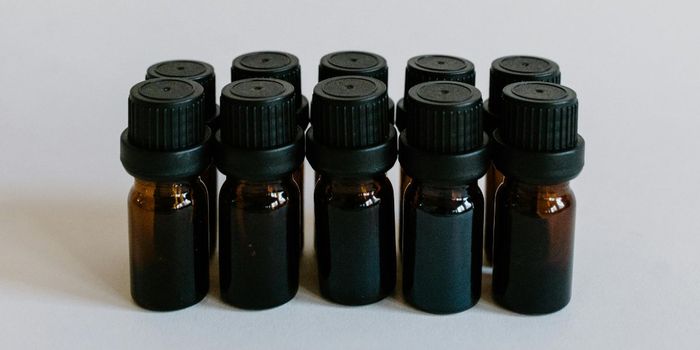Foods Rich in Spermidine May Prevent Liver Cancer
Foods like aged cheese, mushroom, and edamame may help prevent liver fibrosis and could possibly extend life span. This is the conclusion reached after researchers at the Texas A&M University found that animals exposed to spermidine showed quantifiable health improvements.
Spermidine is a polyamine compound, which means it contains carbon, hydrogen, and nitrogen atoms. The molecule is rich in ribosomes and living tissues, and has vital roles in cell growth and survival. The name spermidine can be misleading because, although the compound was originally isolated in semen, spermidine is abundant in a variety of sources. This includes aged cheese, mushrooms, soy products, legumes, and whole grains. For example, chickpeas contain about 29 milligrams of spermidine per kilogram.
Scientists at the Texas A&M University hypothesized that spermidine may prevent cancer by improving the cell’s autophagy (self-eating) mechanism. They tested this hypothesis by exposing mice to an oral dose of spermidine and comparing this to untreated mice.
The team found that spermidine-treated mice showed less oxidative stress-induced cell death and lower instances of liver fibrosis and hepatocellular carcinoma, than their untreated counterparts. Furthermore, the treated mice showed an increase in lifespan by up to 25 percent.
"It's a dramatic increase in lifespan of animal models, as much as 25 percent," said Leyuan Liu, assistant professor at the Texas A&M Institute of Biosciences and Technology's Center for Translational Cancer Research, and the study’s senior investigator. "In human terms, that would mean that instead of living to about 81 years old, the average American could live to be over 100."
Liu is still quite cautious about the results, however. The significant change in lifespan was observed in animals that were treated with spermidine from the beginning and for the long-term. For animals that were treated when they were adults, the effect was reduced. This suggest that the same incredible extension in human lifespan may not even happen unless we are exposed to this molecule from the earliest point in development.
Still, something may be better than nothing, in Liu’s perspective. He suggests that if spermidine can be formulated into a routine supplement, people can still benefits from the compound. "Just think: if we added spermidine to every bottle of beer, it might balance out the alcohol and help protect the liver," he said. "Spermidine is a product naturally found in food, so we hope it would have minimal side effects," he also added.
The findings offer hope for a molecule that will reduce cellular damage and extend lifespan. However, the results are considered “preclinical proof of concept” and will have to be tested in “ human clinical trials to determine safety and efficacy.”
"It's still early," said Liu, "but perhaps one day this approach will provide a novel strategy to prolong lifespans, prevent or reverse liver fibrosis and prevent, delay or cure hepatocellular carcinoma in humans."
Additional sources: Texas A&M University









